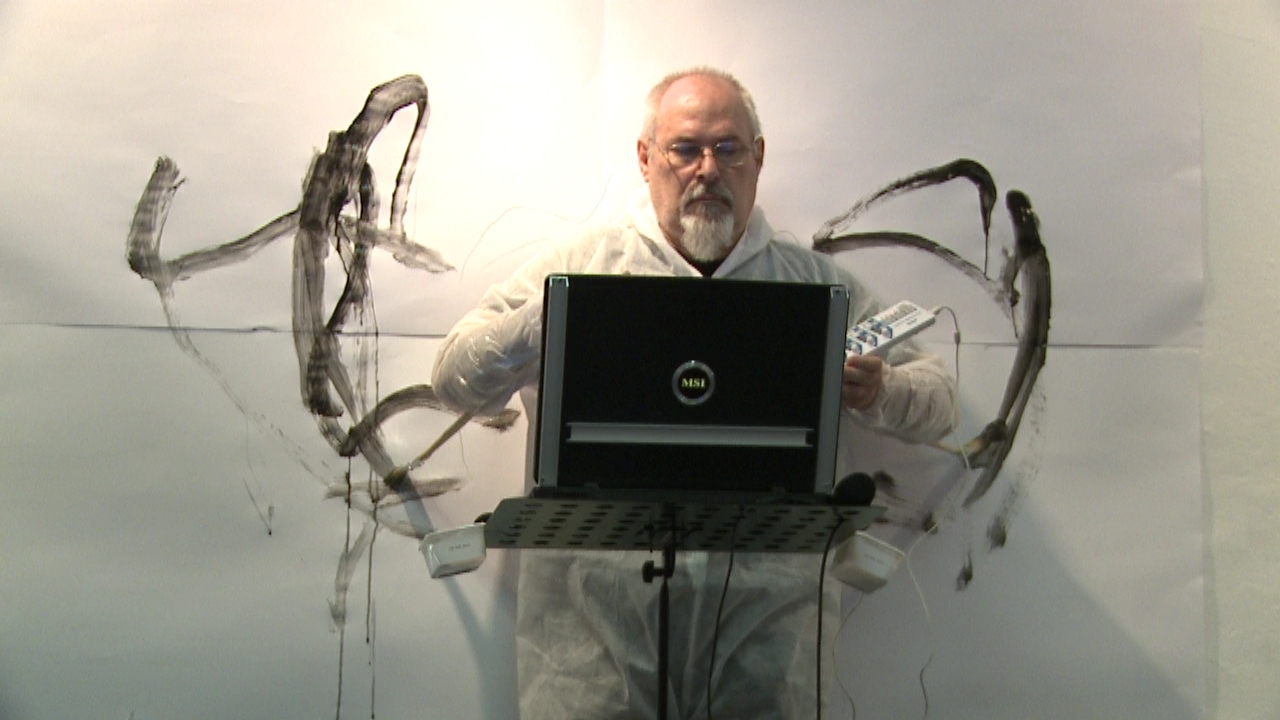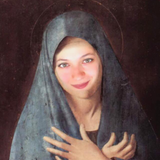Written by:
Laura Marin
Share article:
The need of a timber color
What did electronic music mean for your youth?
As it started, not just here, but everywhere in the world, this music did not resemble much with what is today called electronic music – first of all because in the beginning there wasn’t any electronic music for wide consumption. There’s also a problem with labeling – many terms used to name new technologies or artistic orientations are changing their coverage area. Look, even folk music – it meant and it was something completely different than what you can hear today. But getting back – when I started dealing with electronic music (more seriously from 1968-69), it didn’t have anything to do with, let’s say, the beat, I mean it wasn’t necessarily danceable. Of course, it had it’s inherent rhythms – there is no music without rhythm, but these didn’t make the centre of gravity. Electronic music was by definition experimental, the research was towards formality, an esthetic adapted to the new media; but the timbre zone was explored also: an endeavor made with instruments that had just been born, with musicians and composers that were invited to experiment on them, to search, to see what can be done. The instruments of electronic music looked like the technology of those times.
It was like when the piano was invented, piano forte, a hyper-revolutionary instrument at that time, a peak of technology, with a history spanning over centuries: tensely stretched strings, metal frames – made of bronze or later, cast iron, sounding boards very precisely calculated, the whole keyboard was like jewelry: you had to adjust it, each key had to have the same balance, it was really a masterpiece, a phenomenal peak of technology. And on that instrument the artists added talent and creativity and made it sound ”natural”, absolutely indispensable in the composers environment. The same happened with electronic music.
What opened the way for this kind of sound for you?
In the beginning, the first attempts were with generators that didn’t even have keyboard. It was an engineer’s idea – I was involved in this story too, I glued some diodes and transistors together and we created – I was 15-16 at that time - a sound generator that was not controlled by a keyboard. You could only control sounds with potentiometers. Later, I also made a small keyboard, but it turned out to be just a pentatonic instrument. I was using, among others, the drawing I had found in magazines and popular science books of the 60’s, that would teach you how to make devices like this in your own small skillful hands - electrician lab; it was tempting: the instruments sounded very different and like now, I was very interested in sonorities and timbres. I’ll draw another parallel like the one earlier between music history and organology, but this time with visual arts: at one point, in the arts certain new colors have emerged ( resulted through the efforts of researchers in chemical laboratories), like the tempera, or later the acrylics, that would open new perspectives in the possibilities of classic paint techniques, like oils. This is what electronic instruments do, first of all they bring color. This is actually what determined me to get closer to electronic: the need of a timbre color. And that’s how it all started.


